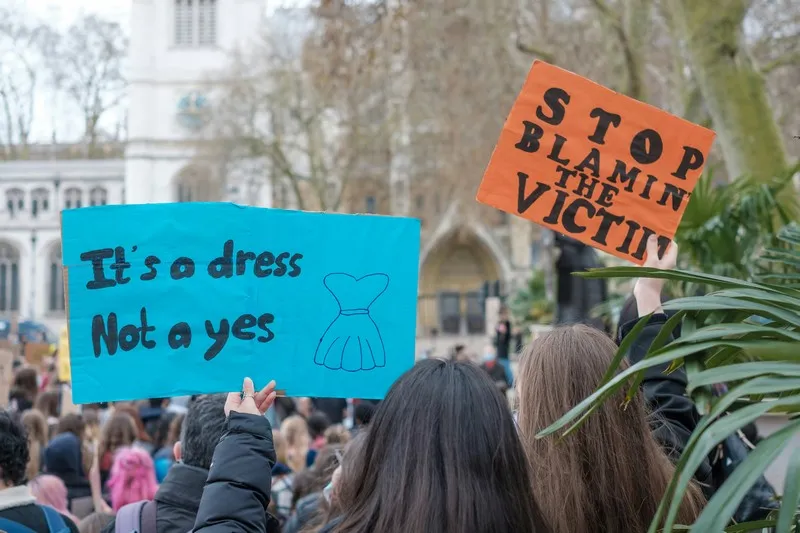Misogyny is a term used in sociology to describe a deep-seated prejudice and hostility towards women. It is a social phenomenon that has persisted throughout history and continues to affect women in various aspects of their lives. In this blog post, we will outline and explain the concept of misogyny, its origins, manifestations, and its impact on women and society as a whole.
1. Definition and Origins
Misogyny is derived from the Greek words “misein” (to hate) and “gyne” (woman). It refers to a deep-rooted prejudice and contempt towards women, often resulting in discrimination, objectification, and violence against them. The origins of misogyny can be traced back to patriarchal societies that have historically valued men’s dominance and control over women.
2. Manifestations of Misogyny
Misogyny manifests in various ways, both overt and subtle, and can be found in different spheres of life. Some common manifestations include:
- Stereotyping: Women are often stereotyped as weak, emotional, and irrational, reinforcing gender roles and limiting their opportunities.
- Objectification: Women are objectified and reduced to their physical appearance, valued primarily for their attractiveness rather than their skills or intellect.
- Sexualization: Women’s bodies are often hypersexualized and treated as objects of desire, leading to the commodification of women’s sexuality.
- Violence: Misogyny can escalate to physical, sexual, and emotional violence against women, perpetuating a cycle of fear and oppression.
- Discrimination: Women face discrimination in various areas, including employment, education, and politics, limiting their access to opportunities and resources.
3. Impact on Women and Society
The impact of misogyny on women and society is far-reaching and detrimental. It creates an environment that perpetuates gender inequality and restricts women’s autonomy and agency. Some key impacts include:
- Psychological Effects: Constant exposure to misogyny can lead to low self-esteem, anxiety, depression, and other mental health issues among women.
- Limiting Opportunities: Misogyny restricts women’s access to education, employment, and leadership roles, hindering their personal and professional growth.
- Violence and Abuse: Misogyny contributes to a culture of violence against women, including domestic violence, sexual assault, and femicide.
- Reinforcing Gender Stereotypes: Misogyny reinforces harmful gender stereotypes, perpetuating the idea that women are inferior and reinforcing traditional gender roles.
- Undermining Social Progress: Misogyny hinders social progress by impeding gender equality initiatives and preventing the full participation of women in all spheres of life.
4. Combating Misogyny
Addressing misogyny requires collective efforts from individuals, communities, and institutions. Some strategies to combat misogyny include:
- Educating and Raising Awareness: Promoting education and awareness about misogyny and its harmful effects can help challenge and change societal attitudes.
- Promoting Gender Equality: Advocating for gender equality in all aspects of life, including education, employment, and politics, can help dismantle the structures that perpetuate misogyny.
- Supporting Victims: Providing support and resources to survivors of misogyny and gender-based violence is crucial in helping them heal and rebuild their lives.
- Challenging Stereotypes: Challenging and debunking gender stereotypes is essential in breaking down the harmful narratives that contribute to misogyny.
- Creating Safe Spaces: Establishing safe spaces where women can express themselves freely and without fear of judgment or violence can help counteract the effects of misogyny.
In conclusion, misogyny is a deeply ingrained prejudice and hostility towards women that has significant impacts on individuals and society. By understanding its origins, manifestations, and effects, we can work towards combating misogyny and creating a more equal and inclusive world for all.





